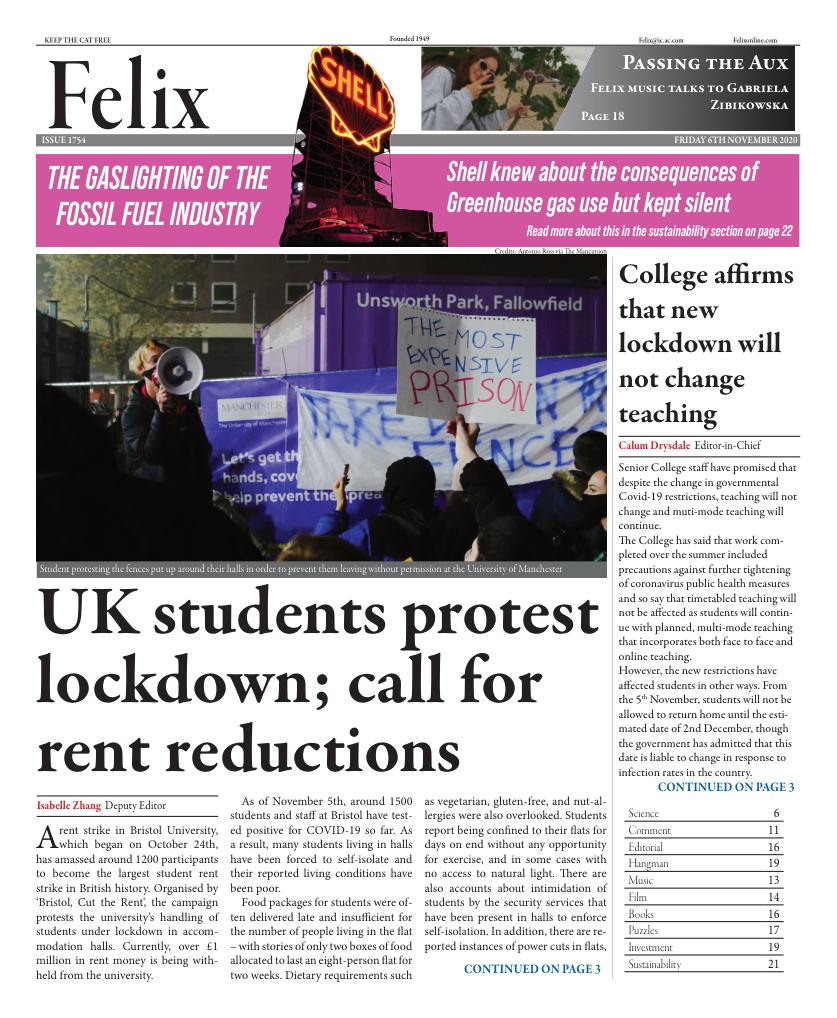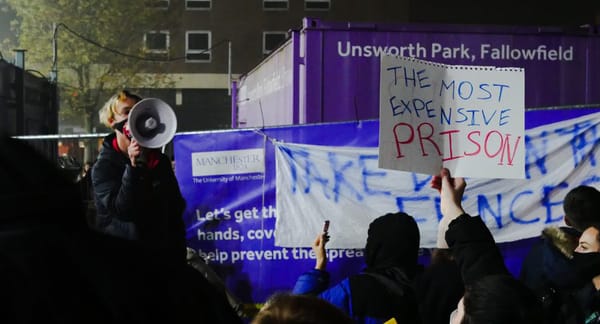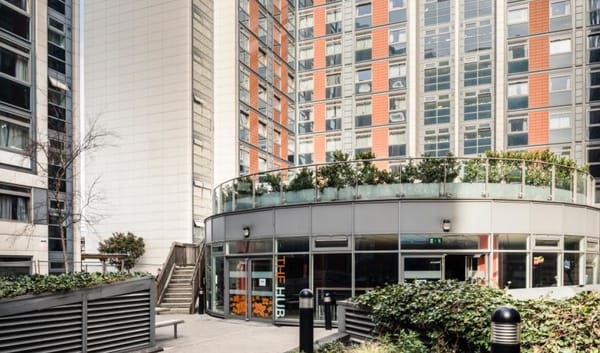ICSMSU Pres leads pressure on College to make publicly funded medicines more affordable
A group of medic students calls on the College to make tax-payer funded medicines more affordable
On Wednesday 3rd November, the Imperial College Union council met for the first full meeting of the academic year. For those that aren’t aware, the Union Council is one of the main policy-making bodies of the Union with student representatives from across constituent Union leadership, the officer trustees themselves, and elected representatives from within each faculty. It’s there to set the policy of the Union, vote on public stances and actions that the Union should take, as well as to provide a platform of scrutiny and accountability.
This year’s council meetings are ably chaired by Alex Auyung. The agenda itself was relatively sparse, and after a few ice-breakers in breakout rooms, matters for decision included ratification of the proposed timetable for next year’s leadership elections and a change in the name of the LGBT officer to the LGBTQ+ officer.
One of the papers proposed by a group of students within the Imperial College School of Medicine was a public stance on Access to Medicines. Universities Allied for Essential Medicines (UAEM) is an international organisation who simply believe that University-developed medicine and healthcare technologies whose research is publicly funded should be made affordable and accessible to the public. This is particularly pertinent for the preventable ‘neglected tropical diseases’ where publicly funded research commonly leads to drugs that cost little to make, but due to exclusive transfer of patents to often single pharmaceutical agencies, thus costs thousands of pounds to buy and heavily limits equitable global access.
The move of the Union to recognise this cause means we are now in a position to actively campaign for Imperial College London to sign onto the equitable technology access framework, a charter aimed at licensing transparency that has already been signed by many other Universities across the globe including Oxford, Harvard and Yale. The Imperial-specific UAEM chapter have already been hard at work engaging with a range of important stakeholders including the Technology Transfer Office, and even promising early discussions with Professor Shattock; the leading figure behind Imperial’s initiative to develop a vaccine for COVID-19. As ICSMSU President, and more widely as a Union, we look forward to helping further these conversations and lobbying for change in line with our new stance.
Another major part of these meetings is accountability. The Officer Trustees of the Union (both President and the respective deputies), as well as all the Constituent Union presidents and our Felix editor, were expected to write up and present a report on their activities and field questions from the board. Perhaps the most controversial moment of the meeting came from a renewed move for members to seek ratification of reports via a vote, and specifically whether this should apply to all reports including those by part-time student volunteers or as was originally suggested, only those of full-time sabbatical officers – a conversation set to be picked up at the next meeting on 1st December.
Arguably the best part of council is its open, transparent nature. Any member of ICU (in other words pretty much every student at Imperial) is welcome to come along to Council and propose a paper. It is ultimately a place where the voice of all students, and the issues you care about most, are genuinely empowered, a forum where voices can be heard, and where changes can be made.
All papers, reports and minutes from Council meetings are publicly available on the Union’s website for all to read if you wish to see what was discussed in more detail.
The next Union Council meeting is on the 1st December and is open to any Union member. More information on the activities of Council and how it operates can be found on the Union website. Follow the Felix twitter for live tweeting of the meetings.








